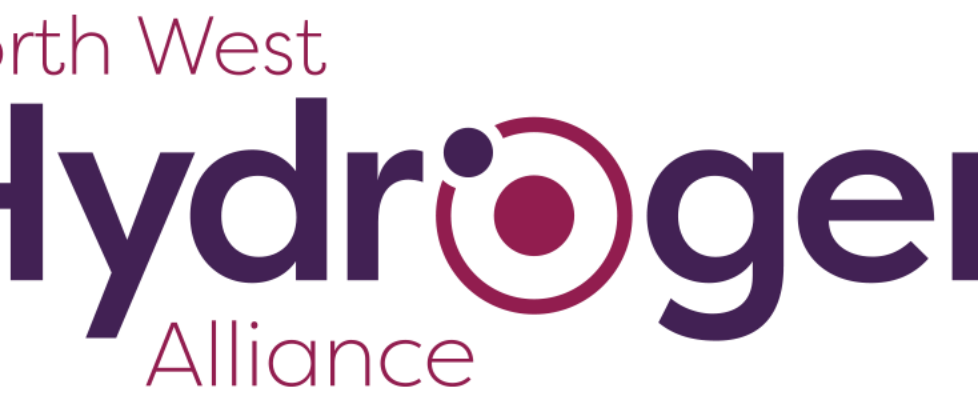
North West Hydrogen Alliance calls for independent body to lead public opinion on Net Zero
‘Public attitudes to hydrogen and Net Zero’ report launched today

The North West Hydrogen Alliance (NWHA) is today calling for the formation of an independent Net Zero body to lead the introduction of hydrogen and other Net Zero technologies to the general public. This is the key recommendation from its report ‘Public attitudes to hydrogen and Net Zero’, a qualitative analysis of studies of public attitudes to low carbon technologies.
NWHA’s report makes three key recommendations:
- Government to set out a clear roadmap to Net Zero. A clear policy framework needs to be in place to encourage long term investment in Net Zero, and communication between all branches of Government (from national to local, and across different departments) to ensure a consistent message.
- Government to create an independent Net Zero body. One independent organisation needs to be responsible for driving public opinion on Net Zero, and to implement a communications campaign now.
- To develop a national Net Zero skills programme. A different set of skills will be needed to support the transition to Net Zero. Not only is it important that younger generations are prepared with these skills, but this is also an opportunity to reskill people whose jobs have been hit by closing industries and the COVID-19 pandemic.
‘Public attitudes to hydrogen and Net Zero’ brings together qualitative and quantitative studies from both public and private sectors. It found that awareness of hydrogen is currently low, and there is confusion over the definition of Net Zero. That said, people understand that behaviour will need to change to support the transition to Net Zero, and the public is willing to undergo some inconvenience for that to happen. The main barrier to public support, however, is the cost of the transition.
Professor Joseph Howe, Chair of the NWHA and Executive Director of the Thornton Energy Institute at the University of Chester said: “Hydrogen is, without a doubt, essential for the journey to Net Zero. This became more apparent than ever in the Government’s Ten Point Plan. Hydrogen technology is one of the central pillars, and the North West was suggested as a ‘Super Place’ for other Net Zero technologies like Carbon Capture, Utilisation and Storage.
“What we have found, however, is that there is still a way to go when it comes to public acceptance of hydrogen and Net Zero technologies.
“Given the transition to Net Zero will need to take place in homes and industry, as well as in the energy network, public support is essential. This is why we’re calling on the Government to set clear policy around Net Zero, and importantly, form an independent organisation that will be responsible for driving forward public Net Zero education.
“Here in the North West we already have various hydrogen projects that are happening. So now is the time to stop just talking among industry and start to bring the public along with us. As well as helping our net zero ambitions, hydrogen can help the economic recovery here, providing skilled jobs and protecting our vital manufacturing industries.”
Helen Boyle, Regional Development Manager, at Cadent, said: “We have been testing hydrogen technology in a real-world scenario already, blending up to 20% hydrogen into the existing gas network as part of our HyDeploy project. What we’ve found with our trial is that there is a lot of excitement among participants about hydrogen blending because of its environmental benefits, and lack of disruption.
“Given HyDeploy is a smaller scale version of what we could see in the region, and eventually the country, this is a great example to not only test the technology, but also public perceptions of it. This project is an opportunity to develop our understanding of consumer perceptions so we can start increasing awareness of the transition to Net Zero. And success for HyDeploy keeps us on track for much larger scale introduction of hydrogen to two million homes in the North West, and huge carbon savings, within just a few years from now.”
The report was prepared by Font Communications on behalf of the North West Hydrogen Alliance. To read the full report, click here.

